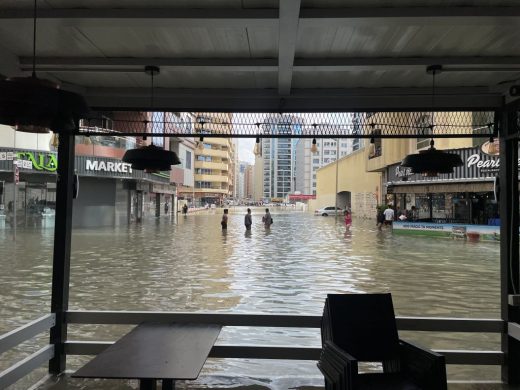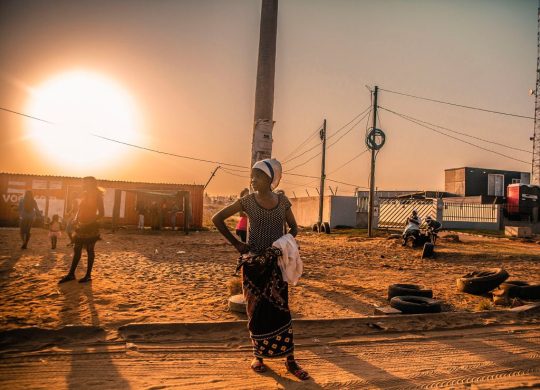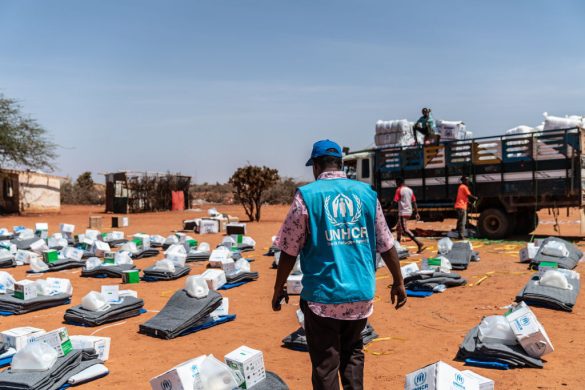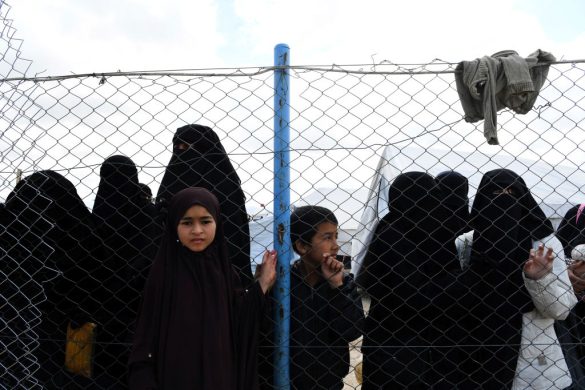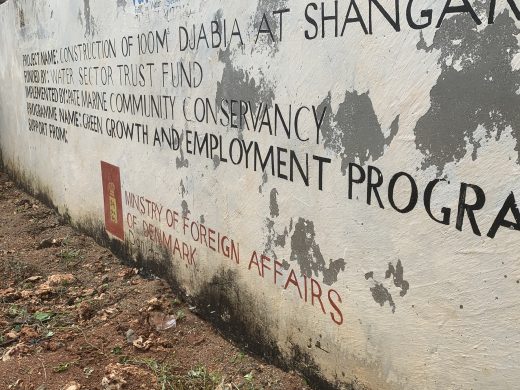Det beretter Global Witness i en pressemeddelelse tirsdag:
– Press release May 23, 2017: On the eve of national peace talks in Myanmar, civil society groups from across the country today released a statement calling for a new approach to address management of the country’s precious natural resources, one of the root causes of the decades-long civil conflict.
Representing over 135 different groups from across the country – from the site of the jade mines in Kachin State to the industrial capital of Yangon – groups are calling on all stakeholders to the peace talks to agree to a core set of principles that helps break the link between resources and conflict and contributes to an inclusive and sustainable future for all people in Myanmar.
The 21st century Panglong process must set a new approach for natural resource management
On May 24th, Myanmar is set to begin the next round of 21st Century Panglong peace talks. If there is to be meaningful progress towards a lasting end to ethnic armed conflict, it is crucial that attention turns to agreeing a new approach to the management of the country’s precious natural riches.
For decades, the resources for which the country is famed have helped to incentivise and fuel fighting which has destroyed countless lives. Upcoming talks provide an opportunity to put Myanmar’s natural resources on a new footing, and contribute to the peaceful, equitable and prosperous future the people deserve.
We, civil society groups and friends of Myanmar, call on the parties to the peace talks to agree a new approach to natural resources, based on the following principles:
1. Participation Local communities, ethnic groups, women, and traditionally marginalized groups must have a meaningful opportunity to participate in decisions which impact their resources, land and livelihood
2. Sustainability: Finite resources should be managed to maximise long-term benefits for the country and local communities, not short-term gains. Where appropriate, sensitive areas should be protected from exploitation.
3. Access: Where possible, local communities should be given opportunities to benefit from access to resources. More broadly, bidding and licensing should be open, competitive and transparent. Bidders should be treated equally and the track records of bidding companies (and the individuals who own and control them) must be considered.
4. Safeguards: Protections against corruption, social and human rights harms, and environmental abuse must be incorporated within the legal framework, with appropriate grievance mechanisms. Ethnic and local community rights must be recognised, as well as state and national rights.
5. Transparency: To guard against corruption and mismanagement, and maximise official revenues from natural resources, there must be full transparency at all stages. This includes publishing contract terms, payments and receipts, and the beneficial owners of companies bidding for or holding major licences.
6. Strong institutions: There must be institutional reform and a review of the division of responsibilities between the central and local government, so as to build local and national trust that laws and safeguards will be enforced and overseen properly;
7. Benefit-sharing: There must be fair sharing of benefits of natural resources in ethnic areas, from access to licences and employment opportunities to licence fees and tax revenues;
8. Monitoring: Independent oversight and scrutiny must be encouraged, facilitated and protected. This should include making data such as contract terms public and accessible in local areas, and allowing access to extraction areas to civil society, media and independent observers.
A fair, transparent, inclusive and accountable approach to natural resource governance is crucial to achieving an inclusive and enduring peace in Myanmar.
Se også Global Witness´ video om Myanmar og konflikten om jadestenene:




